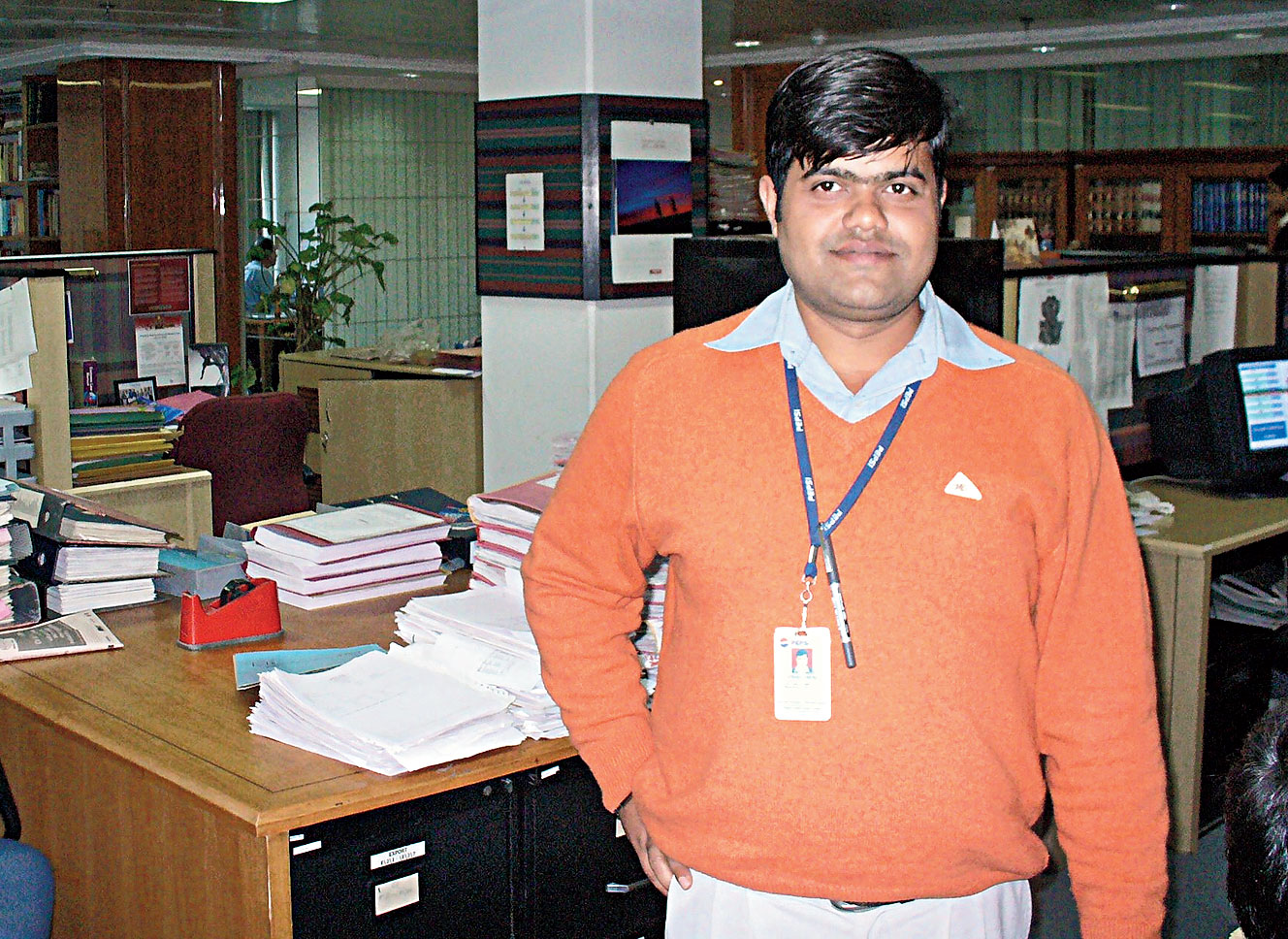The All India Institute of Medical Sciences, New Delhi, has declined testimony to investigators on alleged medical negligence by a private doctor in Jharkhand, highlighting what complainants say is a “conspiracy of silence” by doctors flagged earlier by the national consumer court.
This is the second time a government hospital has refused to provide expert medical opinion on the alleged negligence seven years ago by a doctor in Jamshedpur.
The complainants have claimed the alleged negligence led to the death of a 33-year-old man, Vishal Chand.
The patient died on May 21, 2011, a day after Atul Chhabra, a doctor at the Tata Main Hospital, Jamshedpur, sent him home with medications for stomach acidity although he had chest pain, uneasiness, an irregular ECG and high blood pressure.
“My brother was neither admitted for observation nor was a cardiologist called in for consultations,” said Shishir Chand, the patient’s New Delhi-based brother who has been spearheading the family’s demand for compensation through complaints filed with medical regulators, police and the national consumer court.
“The doctor ignored my brother’s chest pain, uneasiness, high BP and ECG irregularities, his obesity and our family history of heart disease,” Chand told The Telegraph.
In response to the family’s complaints and after hearing arguments from the doctor, an ethics panel of the Medical Council of India had decided to initially issue a warning to the doctor. It later decided to enhance the punishment and cancel his licence for six months.
The council, however, did not act on the panel’s decision and Chand independently approached Jharkhand police seeking criminal action against the doctor, prompting the criminal investigation department (CID), Ranchi, to seek expert opinion initially from the Rajendra Institute of Medical Sciences, Ranchi.
The CID had sought responses to questions relating to the relevance of the ECG patterns, blood pressure readings and the standard protocol to manage patients who approach emergency departments with chest pain and uneasiness.
The head of the RIMS last year wrote back to the police, saying they should seek expert opinion from a “higher institution”. In February this year, the AIIMS similarly declined to respond.
“It will not be possible for AIIMS to reply to your questions some of which are theoretical and some related to evaluation of the patient done by the doctor (in Jamshedpur),” the AIIMS medical superintendent wrote to the CID, Ranchi.
The AIIMS medical superintendent was not immediately available for comment on Thursday.
Chand views the refusal by the AIIMS and the RIMS to respond to the CID queries as tantamount to obstructing justice as the Supreme Court in 2005 had ruled that investigators should obtain independent opinion “preferably from a doctor in government service”.
“This is how doctors shield their own,” Chand told The Telegraph. “The national consumer court has referred to such reluctance by doctors to provide opinion about fellow doctors as a conspiracy of silence.”
The National Consumer Disputes Redressal Commission, New Delhi, in a ruling in an unrelated case of medical negligence in 2016, had observed: “It appears that, the doctors are often reluctant to testify against their colleagues (as the “conspiracy of silence”), hence it is difficult to find an unbiased expert willing to testify against a negligent doctor or label the care as substandard.”
Chand points out that he has obtained through his personal efforts affidavits from three doctors, including a former head of forensic medicine at the AIIMS, pointing to medical negligence.
“But they are private opinions — we want the opinion of a medical board of experts constituted by a government hospital,” he said.











